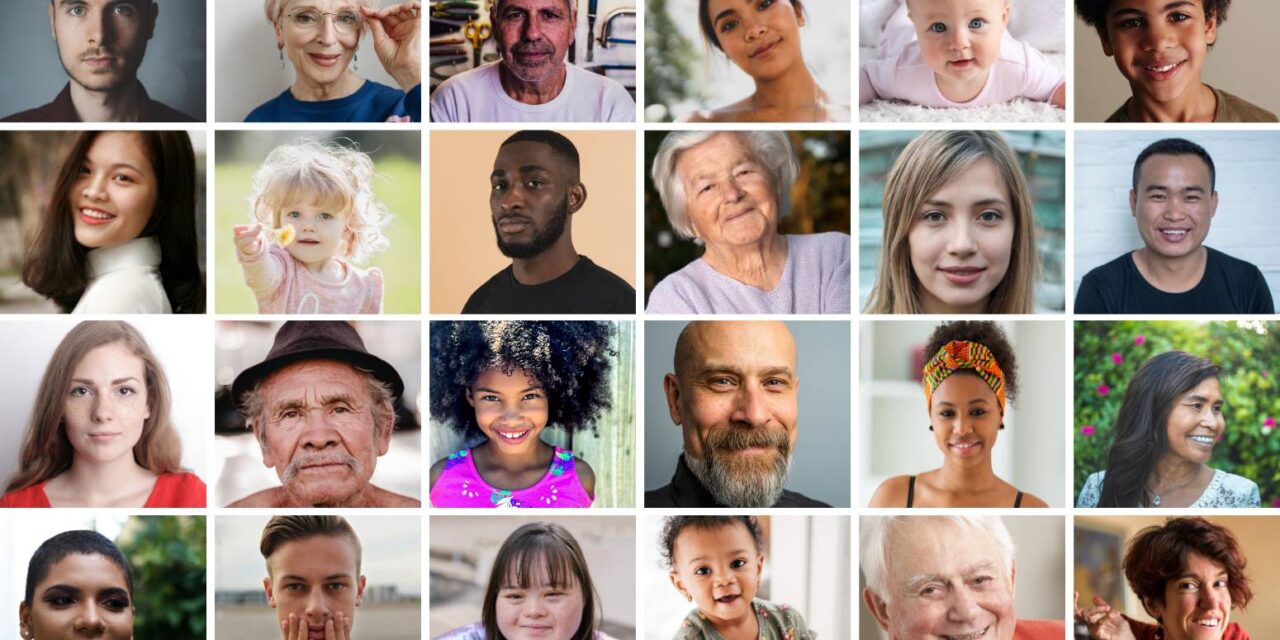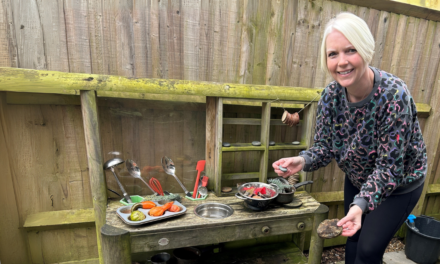This month (April) is Autism Acceptance Month, and we are reflecting on how we can better understand, listen to, and support the autistic community. One of the ways we can do this is to reconsider some of the ideas we hold individually and societally.
NOTE: It is also worth remembering that there isn’t a universal experience of autism. What is empowering for one person may not be for another. So, although opinions and perspectives vary, all experiences of autism are valid.
Neurodiversity is a difference not a deficit
Over the years, autism has been stigmatised and pathologized as a problem that needs to be fixed. This idea can be harmful to autistic people. However, the narrative is beginning to shift. Many autistic activists are sharing their experience and insights online, discussing how autism is a difference rather than a deficit. This idea is understood as neurodiversity which means that some people have a different way of thinking, learning, processing and behaving to what is considered the norm (neurotypical).
Rather than perceiving autism as negative, neurodiversity acknowledges that it is just a different viewpoint. Over 15% of people in the UK are neuro-diverse which includes many other diagnosis such as ADHD, Autism, Dyspraxia, Dyslexia, Dyscalculia, Dysgraphia, and Tourette’s syndrome. It also acknowledges that the challenges and prejudice autistic people face are often a result of living within a neurotypical society and that, with reasonable adjustments, many autistic people can thrive.
However, the experience of autism is vast and while some may feel their autism and neurodiversity has equipped them with some incredible skills and the ability to look at the world differently, it’s important to acknowledge that, for some autistic people, it has been a very difficult and debilitating experience that has caused significant challenges for them.
The language we use is important
There isn’t a consensus on terminology, but, in more recent years, many autistic people have preferred ‘identity first language’. This means, they would refer to themselves as autistic rather than a person with autism. The latter could be said to pathologize autism, however ‘[b]eing autistic does not mean you have an illness or disease. It means your brain works in a different way from other people.’
Similarly, it is considered by many that using functioning labels such as “high” or “low” on the autistic spectrum can be harmful and is now an outdated term. Binary language is often reductive and doesn’t reflect the entirety of that person’s abilities or the ability for grey areas (which is why the word spectrum is preferred).
Are labels pointless?
Within many marginalised groups, reclaiming the word that has been weaponised against them can be an empowering experience. So, while many non-autistic people may not understand the need to use the label of being autistic, many autistic people feel it is a big part of their identity. In recent years, labels have also enabled communities to create safe spaces where experiences, resources and friendships can be shared.
Listen to autistic people
Often the best way to support and understand people is to listen to them. There are many vocal autistic activists online that share their experiences and thoughts (see list of resources below). If you want to be sure you are phrasing things correctly around an autistic person, listen to the words they use to describe and talk about themselves and if you’re still unsure, just ask. Most people will appreciate that you want to get it right and make them feel seen, heard, and understood. It is also indicates respect and a willingness to learn.
You can also follow the hashtag #ActuallyAutistic online to hear from autistic people about their thoughts and perspectives.





This article makes incorrect use of the term “neurodiversity” when it means – and should instead say – “neurodivergence”. The population * as a whole * is neurodiverse. That neurodiverse, whole population is comprised of those who are neurotypical and those who – due to their differences relating to autism, ADHD and other conditions – are neurodivergent. Using the correct terminology would be a great start when trying educate people about autism.